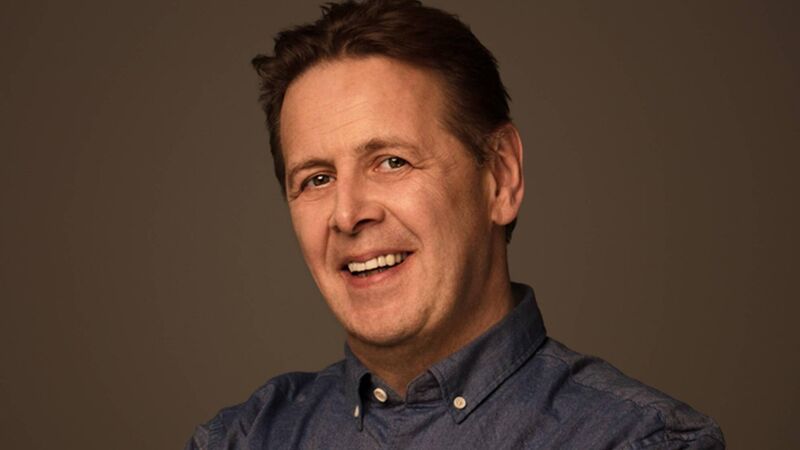Culture That Made Me: Ian Dempsey on Tarantino, Larry Gogan and Alan Partridge

Ian Dempsey, broadcaster with Today FM.
Ian Dempsey, 61, grew up on (and has never left) Dublin’s northside. In 1980, he joined RTÉ as a radio DJ. In 1986, he became a TV star as host of Dempsey’s Den and a foil for Zig and Zag’s antics. He's been with Today FM since 1998, presenting the Ian Dempsey Breakfast Show on weekday mornings.




